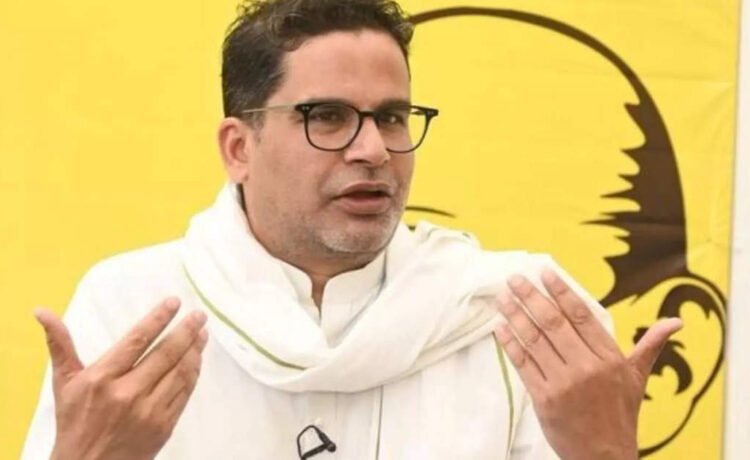“We are ready to eat humble pie”: Prashant Kishor reflects on misjudged 2024 LS election forecast

Contrary to his predictions, the BJP managed to win 240 seats, 20% fewer than in the previous election. This result required the BJP to rely on its NDA allies to form a majority in the Lok Sabha. Kishor acknowledged, “I had put my assessment in front of you and I have to admit on camera that the assessment that I did was wrong in terms of numbers by a big 20 per cent.”Reasons Behind the Misjudgment
Kishor explained the basis of his predictions, noting that while there was some anger against Narendra Modi, it wasn’t widespread. He had also mentioned the lack of a strong opposition movement. “There is no positive clamour from the opposition and that is why a status quo is being created with some geographical expansion in the east and south,” he said.
Future Strategy
Kishor, reflecting on his mistakes, declared he would avoid making numerical predictions in future elections.
“As a strategist, I should not have got into numbers. I never used to. It is just in the last two years that I have made the mistake of getting into the numbers — once during the Bengal Assembly election and now in the 2024 Lok Sabha elections. Notably, if you remove the numbers, everything that I said was right,” he said.
Analysis of the Results
Despite the BJP winning fewer seats, Kishor pointed out that the party’s vote share remained relatively stable. “Ultimately, they got 36 per cent vote share, which is the status quo. 0.7 per cent down in terms of vote share,” he noted. Kishor emphasized that his overall analysis, minus the seat numbers, still held validity.
Current Political Landscape
In an interview with BBC News India, Kishor reiterated that while the BJP’s seat count was overestimated, the party continues to be a dominant force in Indian politics. He pointed to significant rural distress, unemployment, and growing inequality as critical issues, yet noted the absence of widespread anger against Modi. Kishor concluded that Modi remains the most popular leader in India and that the Congress has a long way to go to pose a significant challenge.
Prashant Kishor’s candid admission of his errors highlights the challenges of political forecasting. His reflections underscore the complexities of Indian politics, where voter sentiment and party dynamics can be unpredictable. Kishor’s decision to avoid future numerical predictions marks a significant shift in his approach to election strategy.









